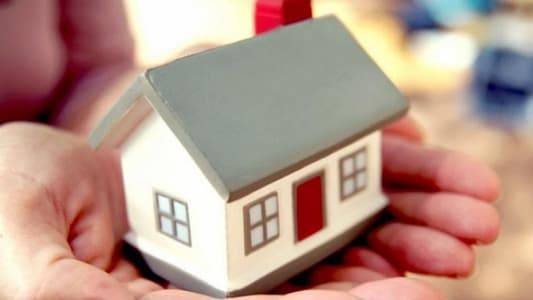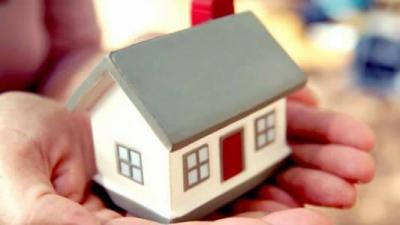The caretaker Prime Minister Najib Mikati met with the Chairman and General Manager of the Housing Bank, Antoine Habib, and Board Member Tewfik Najji at the Grand Serail. During the meeting, they discussed the bank's projects and activities. Habib stated after the meeting, “We were pleased to meet with President Mikati and informed him about the bank’s projects and the results achieved. We confirmed to him that the repayment of loans has been, and still is, in Lebanese pounds, and there is no need for concern in this regard, especially since we receive many calls inquiring about the possibility of paying loan installments in dollars. Therefore, we deny this matter since the signed contracts stipulate that the loans are in Lebanese pounds.”
He added, “There is no fear for the future of the Housing Bank as its capital is secure regardless of how high the dollar value rises, and we have reserves on Eurobonds and all assets in US dollars and all investments with the Central Bank of Lebanon.” He continued, “We are awaiting a loan from the Arab Fund, and we hope, after the Lebanese government has sent a schedule for restructuring interest payment, that the Arab funds will approve this schedule so that new loans can be released, including a loan from the Kuwaiti Fund amounting to about 50 million Kuwaiti dinars, equivalent to approximately 165 million dollars.”
Habib said, “We commend the role played by the Kuwaiti Foreign Minister Sheikh Salem Al-Sabah, who is very close to Lebanon and loves Lebanon and the Lebanese, and God willing, he will help us secure this loan and expedite its disbursement.” Habib pointed to “several ideas and proposals from the bank, including loans for residents and non-residents, and the possibility of lending non-residents in foreign currencies as part of our future projects.”
In response to a question regarding the possibility of raising the installment value in Lebanese pounds, he said, “The borrower signed a contract with the Housing Bank that includes a schedule for bonds with the required interest, and he will pay the amount stated in the schedule, with no increase on the installments to be paid by the borrowers.”
Regarding the reasons for the suspension and non-disbursement of the Kuwaiti loan, Habib noted that “there was nothing that stopped it; there were health reasons, the funds were not meeting, and there were political reasons in the past that have now been resolved, and communication is now ongoing with Arab countries and the Arab League meets, with Lebanon being a member and one of its founders, meaning there is no reason for delay. The Lebanese government worked on restructuring the interest on loans previously granted, which was approved by the government, and President Mikati played a significant role in this regard. If the Arab funds agree to the restructuring of interest, there will be no reason to refuse to pay this loan.”
He added, “We are not solely relying on the loan from the Arab Fund; rather, we are also making contacts with the Kuwaiti Fund and European funds to obtain loans, especially since around 772,000 Lebanese have accessed the Housing Bank’s website. The registered number has reached about 8,635, with applicants totaling approximately 6,853, divided between housing, renovation, and solar energy loans. A solar energy borrower can obtain a cash loan of 200 million Lebanese pounds to facilitate their work.”




